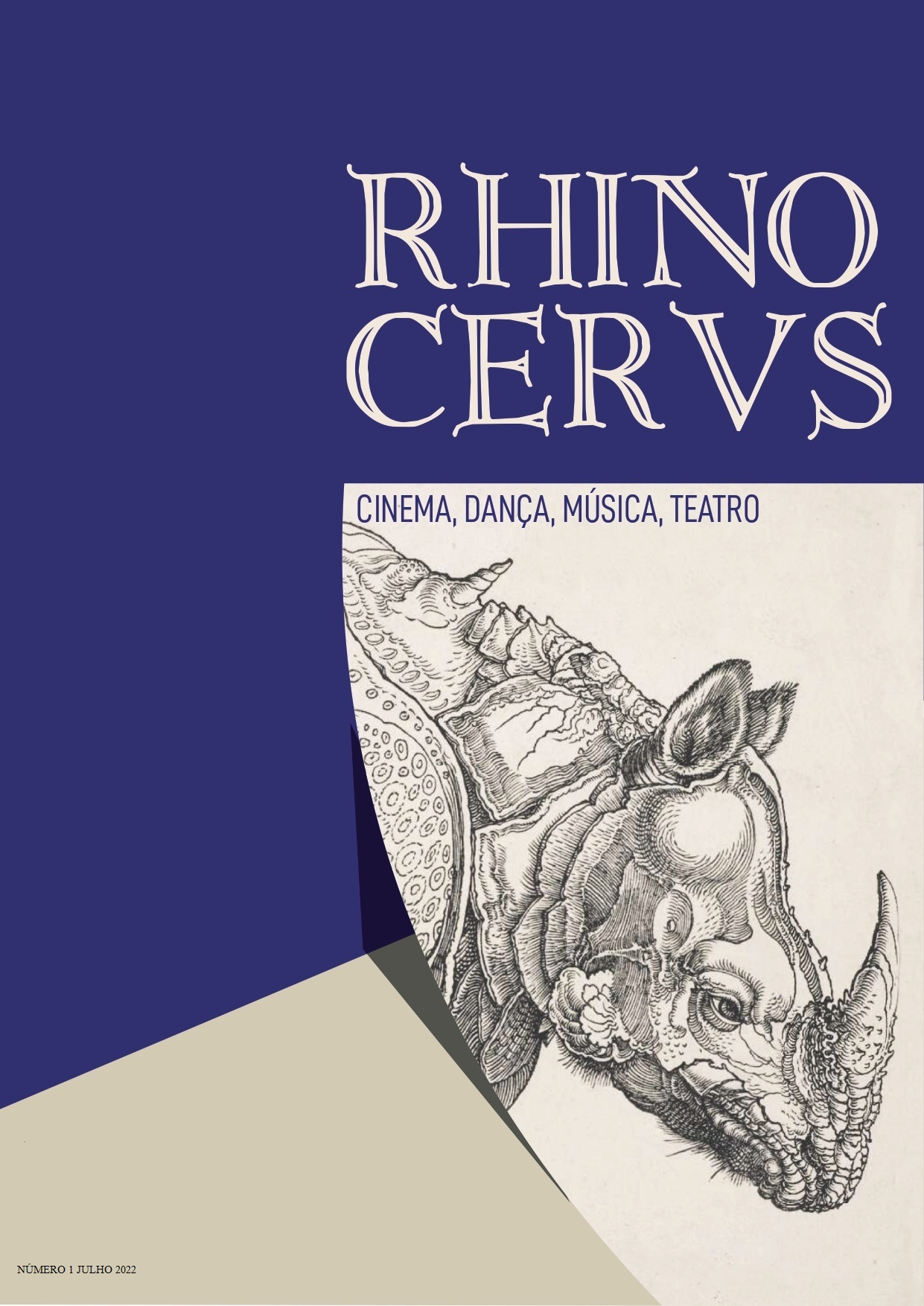O objeto está presente
DOI:
https://doi.org/10.34629/rcdmt.vol.1.n.1.pp158-171Palavras-chave:
Figurino, Moda, Objeto artístico, Teatralidade, MetafigurinoResumo
Exploro neste artigo a questão da utilização do vestuário, per se, no pressuposto da ausência do corpo. Um objeto — o vestuário — no rescaldo de uma personagem social ou de um espetáculo. Um objeto artístico, agora, parte de uma outra encenação que o apresenta e protagoniza, como se fosse uma espécie de personagem transversal que, a partir do Teatro e da Moda, opera na esfera da Arte Contemporânea.
Para sustentar o deslocamento objetual do figurino, ao propor a designação de metafigurino, parto das palavras-chave enunciadas, esperando contribuir para amplificar o debate, na medida em que se aborda a possibilidade de uma perspetiva relacional entre o objeto e o campo de forças que, normalmente, envolve uma relação física e emocional entre seres humanos.
Downloads
Referências
Barthes, Roland. 1991. Essais Critiques. Paris: Seuil. Disponível em https://www.ae-lib.org.ua/texts/barthes__essais_critiques__fr.htm.
Féral, Josette, e Ronald P. Bermingham. 2002. “Theatricality: The Specificity of Theatrical Language.” SubStance 31 (2/3): 94-108. https://doi.org/10.2307/3685480.
Fernandez, Laure. 2010. “Théâtralité et Arts Visuels le Paradoxe du Spectateur. Autour «The World as a Stage» et «Un Teatre Sense Teatre».” Marges 10: 25-36. https://doi.org/10.4000/marges.
Germain, Alain. 1999. “Les Museés en Spectacle,” La Lettre de l’OCIM 65: 22-26. Disponível em https://doc.ocim.fr/LO/LO065/LO.65(3)-pp.22-26.pdf.
Huchard, Colette. 2010. “Le Costume: Évolution et Transformation d’un Langage.” Études Théâtrales 49 (3): 161-163. https://doi.org/10.3917/etth.049.0161.
Downloads
Publicado
Edição
Secção
Licença
Direitos de Autor (c) 2022 RHINOCERVS: Cinema, Dança, Música, Teatro

Este trabalho encontra-se publicado com a Licença Internacional Creative Commons Atribuição-NãoComercial 4.0.
Os artigos da revista RHINOCERVS: Cinema, Dança, Música, Teatro estão licenciados conforme a Creative Commons Attribution License (CC BY-NC 4.0). Os autores que publicam nesta revista concordam com os seguintes termos:
Os autores mantêm os direitos autorais e concedem à revista o direito da primeira publicação. Os artigos estão licenciados sob a Creative Commons Attribution License que permite a partilha do trabalho, com reconhecimento da sua autoria e da sua publicação nesta revista.
Os autores têm autorização para disponibilizar a versão do texto publicado na RHINOCERVS: Cinema, Dança, Música, Teatro, sem custos, e em repositórios institucionais ou outras plataformas de distribuição de trabalhos académicos (p.ex. ResearchGate), com a devida citação ao trabalho original.
A revista não aceita artigos que estejam publicados (exceto sob a forma de resumo ou como parte de uma tese), ou que sejam submetidos durante o processo editorial, a outras revistas ou publicações. Após publicação do artigo, este não pode ser submetido a outra revista, quer em versão parcial, quer em versão integral, sem autorização da coordenação editorial da RHINOCERVS: Cinema, Dança, Música, Teatro.






